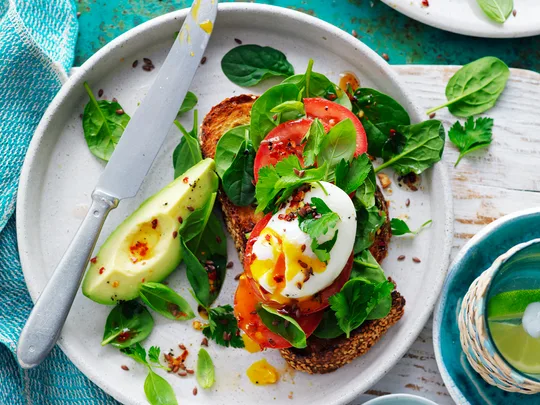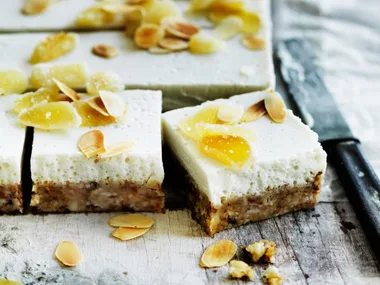Different types of fat
Unsaturated: These are the healthy, natural oils found in plants, nuts and seeds, and seafood like salmon. They are generally liquid at room temperature and have been shown to have a positive impact on cardiovascular health.
Saturated: Found in meats, butter, and palm oil, saturated fats are solid at room temperature and have been deemed unhealthy for a long time. More recently, however, certain types of natural plant-based saturated fats have been considered far healthier that others, such as coconut oil.
Trans: These are liquid fats artificially made solid through hydrogenation. You’ll find trans fats in fried foods, baked goods, and processed snack foods. These fats have been shown to wreck havoc on our cholesterol, heart health and waist-lines.
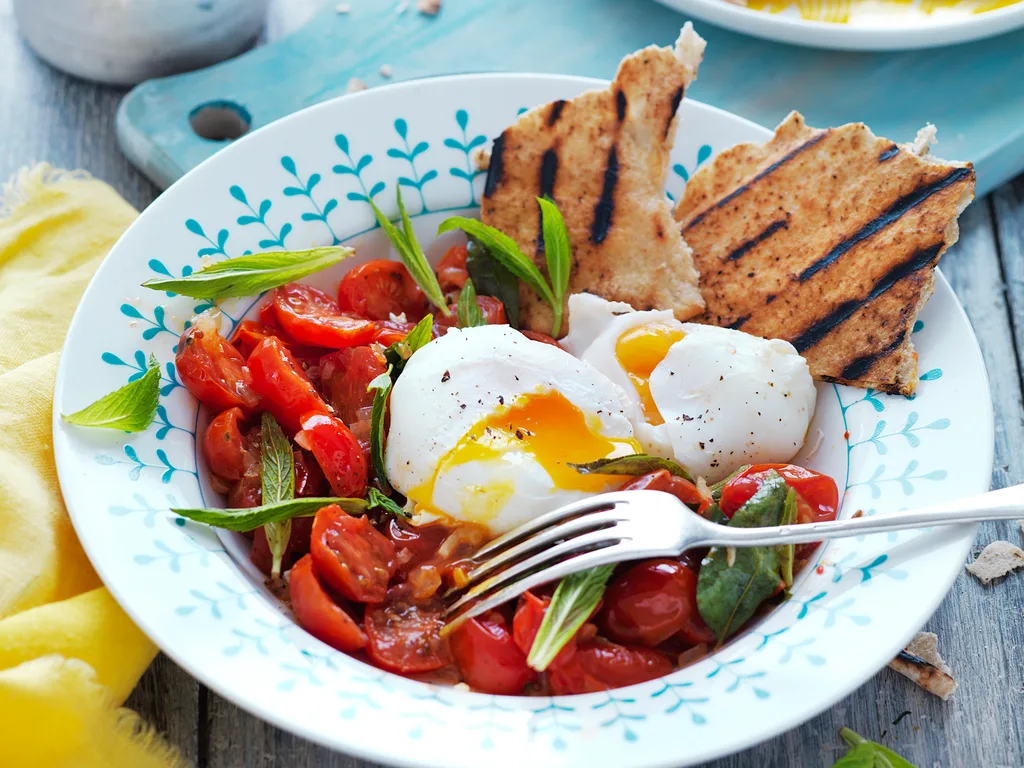
Try these delicious Indian-style tomatoes and eggs for breakfast.
The magic bullets: Eggs
As well as being one of the most versatile foods around, eggs are a powerhouse of nutrients, with protein, vital amino acids and heart-healthy omega-3 fats in every serving. Despite popular belief that eating too many eggs can spike your cholesterol levels, it’s been shown that there is very little connection between the cholesterol consumed in food and the affect on your body.
For some fantastic ways to include more eggs in your diet, check out these tasty recipes here.
Tree nuts, seeds and nut butter
Whether you enjoy your nuts and seeds straight from the bag, or blended up into a creamy butter, you’re doing yourself a world of good every time you consume these tasty little foods. Opt for nuts or butters as close to their natural state as possible, without added salt, sugar or oils, and you’ll get a big dose of nutrients like amino acids, vitamin E and unsaturated fatty acids. Despite their slightly higher calorie content, nuts have been linked to increased satiety, reducing over-eating and assisting with weight loss.
Need some nutty inspiration? Check out our peanut butter recipe collection.
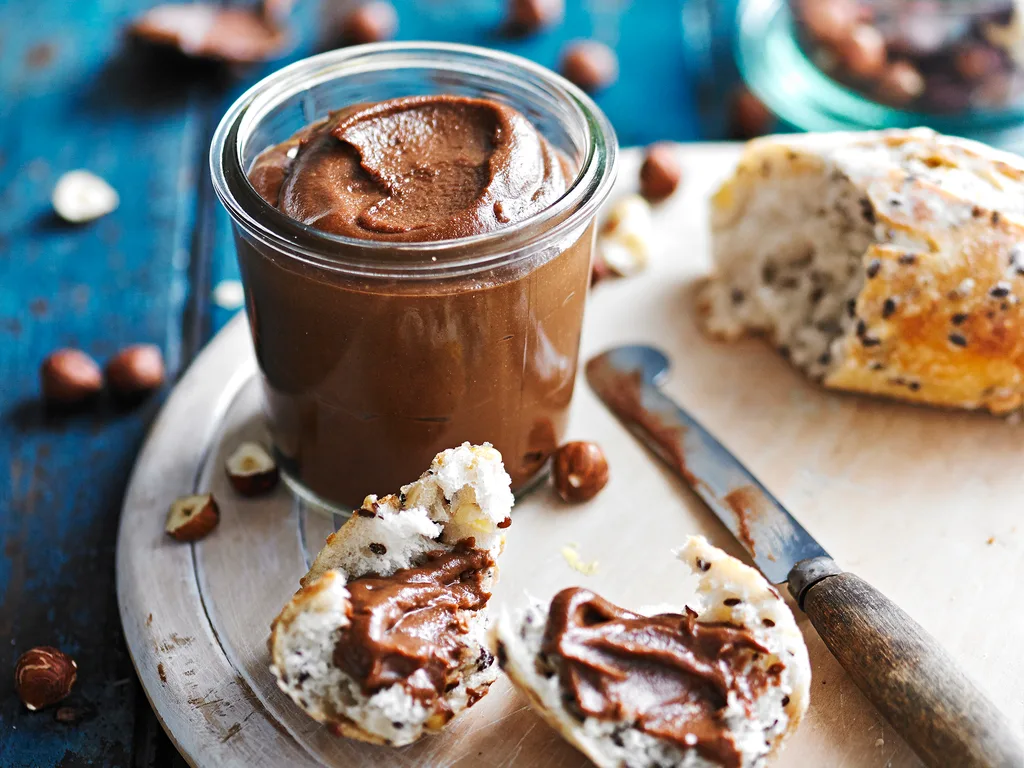
You could also try making your own sugar-free hazelnut and chocolate spread.
Olives and olive oil
Many people people rank olive oil as the world’s healthiest oil, and there’s no surprise why. The fruits fruits themselves are packed full of monounsaturated fatty acids, great for heart health, as well as antioxidant-rich polyphenols, which protect you from cell damage. You’ll also get a nice hit of iron, fibre, and copper with your olives. Regular consumption of olive oil has also been linked to a reduced risk of heart disease, cancer, and diabetes.
Try drizzling olive oil over your salads with some lemon juice for a deliciously versatile dressing.
Greek yoghurt
Apart from acting as a fantastic base for our muesli, or healthy alternative to mayonnaise, Greek yoghurt is packed full of protein and natural saturated fats that can increase satiety and reduce inflammation. Opt for grass-fed, full-fat product, as many of the processed yoghurts are bulked up with sugar or other additives. Where possible, go for plain yoghurt to avoid artificial flavours and sweeteners. If you need to, you can always add a dash of raw honey at home.
For some tasty ways to incorporate Greek yoghurt into your menu, click here.
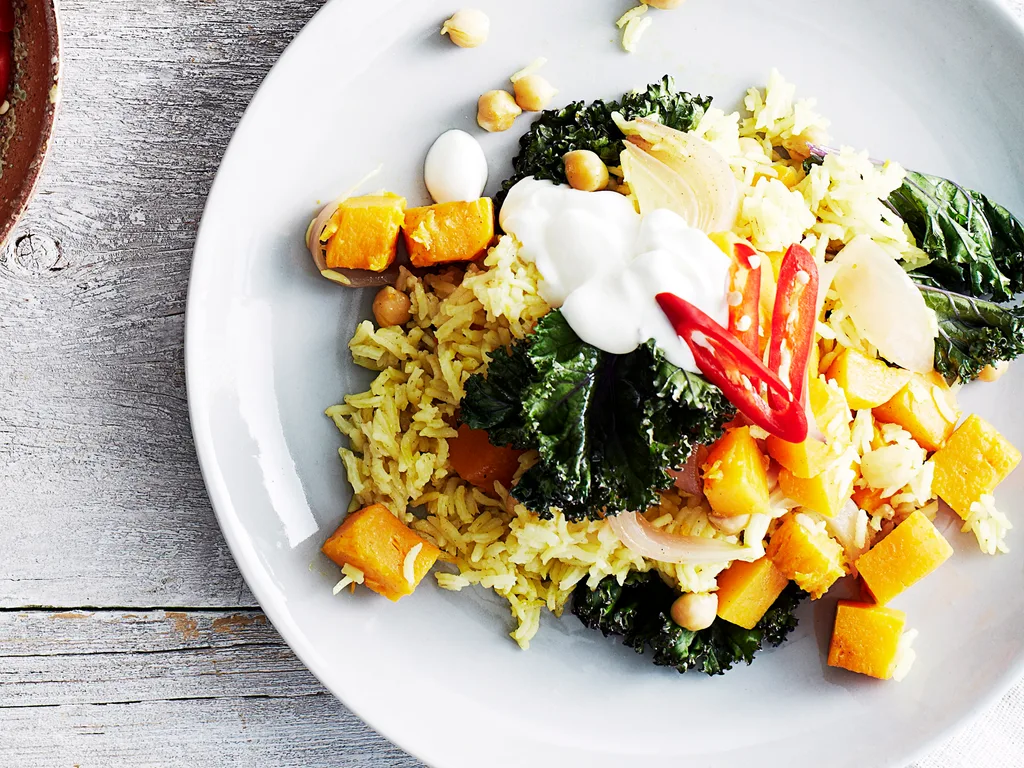
Try dolloping greek yoghurt atop your curries and casseroles like in this pumpkin and chickpea pilaf recipe.
Coconut oil
Despite most of it’s calories coming from saturated fats, coconut oil actually has an array of benefits including anti-inflammatory and anti-bacterial properties, as well as being a highly stable oil for cooking. It differs from other sources of saturated fats because it’s full of medium chain triglycerides (MCTs), which are metabolised differently and go straight to the liver for a quick source of energy rather than being stored.
For some fun ways to incorporate coconut oil into your diet, try some of these healthy desserts.
Fish and other seafood
Commonly referred to as ‘brain food’, seafood is extremely rich in omega-3 fatty acids, essential for brain function and reducing inflammation. It’s great to aim for a couple of servings of fish per week, but if you are watching your mercury consumption, opt for fish like salmon, anchovies, herring, sardines and trout. Oytsters and mussels are another great seafood option rich in omega-3s.
For some tasty ways to amp up your seafood intake, check out these recipes.
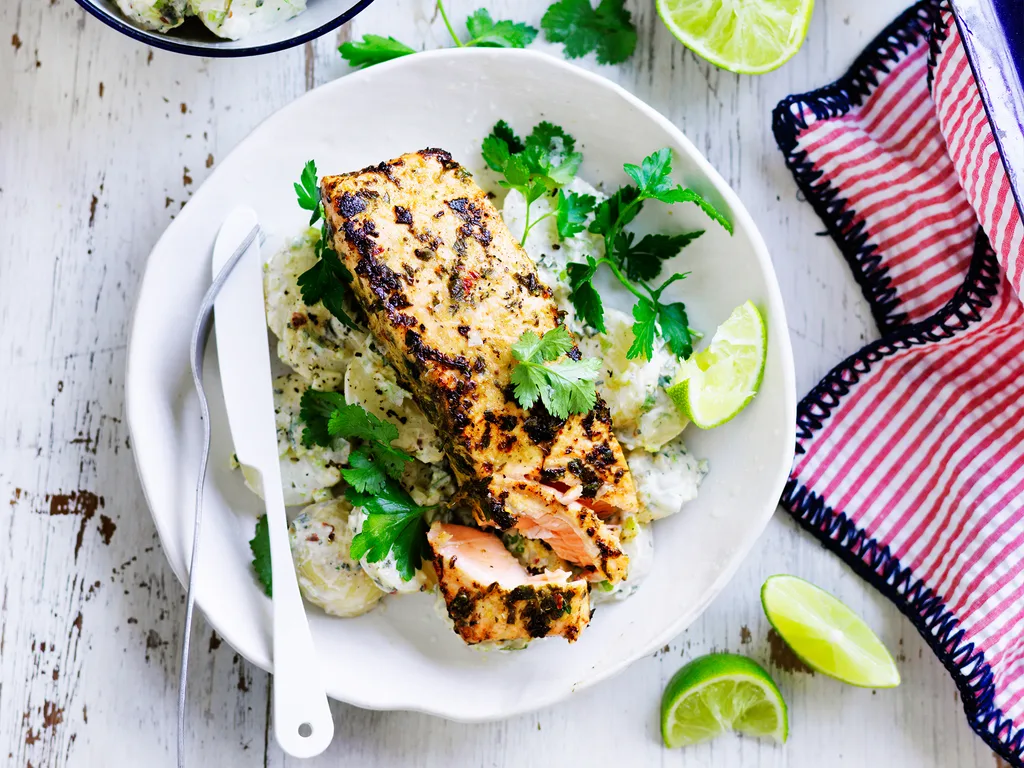
Keep yourself interested with tasty seafood dishes, like this jerk salmon with yoghurt potatoes.
Cheesy goodness
There are few people who don’t love cheese of some form, whether it be melted atop a pizza or grated on their spaghetti, but this tasty food often gets a bad rap due to it’s high calorie content. However, some studies have found that people who regularly eat cheese have lower risk of high LDL cholesterol and heart disease. Aged cheeses like Parmesan are also a good source of probiotics, which promote healthy digestion and weight.
For some delicious ways to get more cheese in your life, check out these recipes.
Green and creamy avocados
These days, you’d be hard-pressed to visit a trendy cafe without seeing smashed avocado on toast making an appearance on the menu. But these hipster foodies are actually doing wonders for their heart, skin and nail health every time they indulge in this creamy fruit. Studies have shown that consuming avocados, whether whole or in oil form, can assist in reducing bad cholesterol levels in humans, as well as helping with the absorption of fat-soluble vitamins in vegetables like carrots and sweet potatoes.
For some innovative ways to use up your avos, check out these recipes.
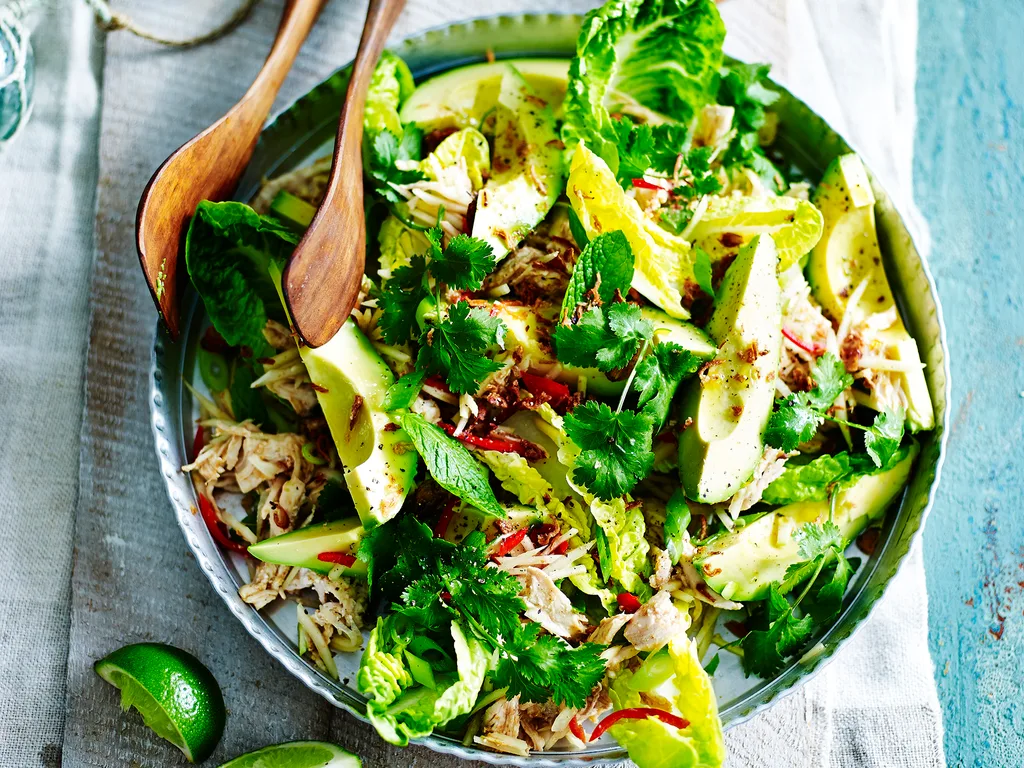
Throw in some avocado to all your salads for heart-loving fats, like this poached chicken and avocado salad recipe.
Soya beans
Rich in protein and essential fatty acids, the soy beans are one of the more under-rated fats that are worth including in your diet. Whether they’re eaten whole, straight from the shell, or consumed as a milk, tofu or miso paste, soy beans are a great fibre-rich meat substitute, and are high in isoflavones (a form of plant-based estrogen). Keep in mind, though, many by-products of soy are heavily processed or bleached, so go for whole, non-genetically modified options where possible.
Dark chocolate
Sweet tooths, rejoice! You can still indulge your dessert cravings while reaping the benefits of consuming healthy fats. A Louisiana State University report found that consuming dark chocolate produces anti-inflammatory compounds that can assist with supporting cardiovascular health. You’ll also get a dose of anti-oxidants, and the rich chocolately flavour will leave you more satisfied so you’ll generally eat less than it’s milk or white silblings.
For some delicious dark chocolate recipes, check out the link.
For some more tasty recipes loaded with healthy-fats, check these out:
